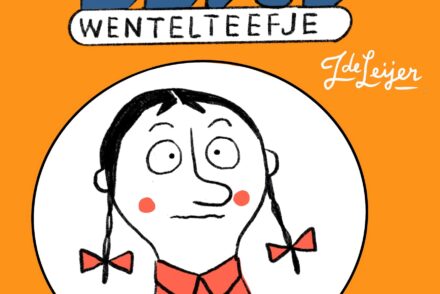‘Release all research data after publication’
Scientists should release all research data after publication. It is the only way to tackle fraud by scientists, says Jaap Zwemmer, scientific integrity advisor and chairman of the University of Amsterdam Ethics Committee (AIEC) in an interview with university magazine Folia.
“The only mechanism that really works against fraud and plagiarism is the fear that it will completely ruin your career when you get caught”, says Zwemmer. But the Stapel affair shows that fraud is hard to detect. Diederik Stapel made up research data for quite some time. Making all data public is a way to discover fraud faster.
Folia also spoke with professor of social psychology Joop van der Pligt. He was Stapel’s promoter at the University of Amsterdam in 1997. “Nobody expected that Diederik would commit fraud. He was a very talented researcher. Even without committing fraud he would have gotten far. ”
“The last fifteen years the pressure to publish in scientific journals has ‘increased significantly’”, says Van der Pligt. “Diederik is part of the first generation that grew up in these changing times. The system is based on individual research subsidies, such as NWO grants veni, vidi and vici. Furthermore a scientist is judged by the number of times their work is cited by others. The bar is set very high.”
“Creating a completely fraud-free environment, moreover, is not possible”, says Van der Pligt, “but no matter how high the pressure, you just can’t make up research data. Soccer players are not allowed to suddenly use their hands to score either.”






